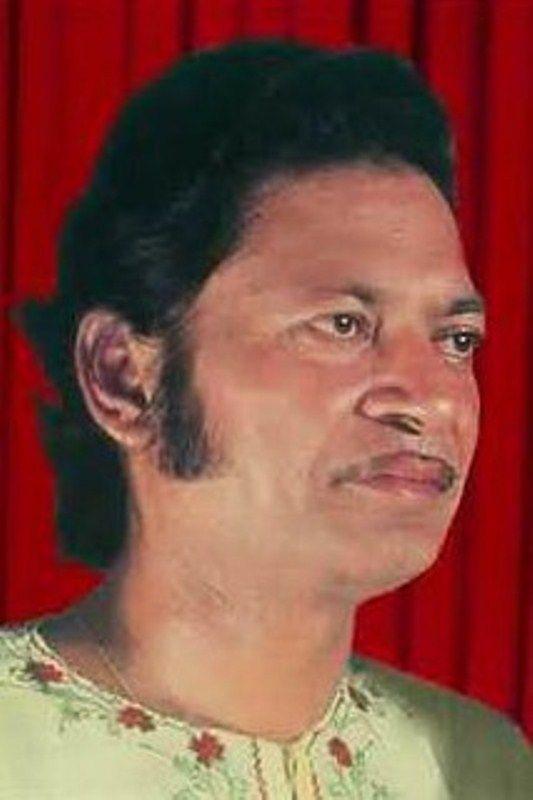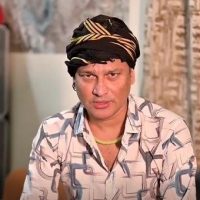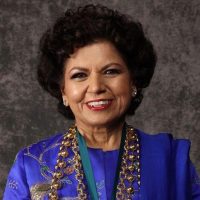| Ustad Amanat Ali Khan (1922-1974) was a renowned Pakistani vocalist, ghazal singer, and composer. |
| He belonged to the fourth generation of Patiala Gharana, specializing in traditional and classical Hindustani music. |
| Ustad Amanat Ali Khan migrated to Pakistan with his family after the partition of India in 1947. |
| He learned music from his father, Ustad Ali Baksh Khan, a respected vocalist under the patronage of the Maharaja of Patiala. |
| At a young age, he began performing with his brother Ustad Fateh Ali Khan, known as Bade Fateh Ali Khan, in the court of Maharaja of Patiala Yadavinder Singh. |
| In duets, Ustad Amanat Ali Khan excelled in sur, while Ustad Bade Fateh Ali Khan had a strong command over ragas. |
| The duo's favorite raga was 'Ram Saakh,' the signature raga of the Patiala Gharana. |
| Their performance at the All Bengal Music Conference in 1949 brought them immense fame and recognition. |
| During the 1950s and 1960s, Ustad Amanat Ali Khan reached the peak of his career recording songs for PTV and Radio Pakistan and performing internationally. |
| He collaborated with notable singers like Mehdi Hassan and Ahmed Rushdi during his career. |
| The thumri "Kab Aaoge Tum Aaoge" from the album 'Raag Se Ghazal Tak' is a classic by the duo of Amanat Ali and Fateh Ali. |
| Their performance of the raga Puriya Dhanasri at the Calcutta music conference was remarkable. |
| In addition to classical pieces, Ustad Amanat Ali Khan sang patriotic songs like "Chand Meri Zameen Phool Mera Watan" and "Aye Watan Pyare Watan." |
| His ghazal "Insha Ji Utho" proved to be a major hit, becoming a popular yet cursed piece. |
| Unfortunately, after performing the ghazal, Ustad Amanat Ali Khan passed away at the age of 52. |
| The curse associated with the ghazal affected others linked to it, including producer Khalil Ahmed and poet Ibn-e-Insha. |
| Tragically, both his sons, Amjad Amanat Ali Khan and Asad Amanat Ali Khan, died after performing the same ghazal. |
| After Ustad Amanat Ali Khan's death, his brother Ustad Bade Fateh Ali Khan faced difficulties and took a break from singing. |
| Ustad Amanat Ali Khan wrote the thumri "Kab aa’o gey" during a flight, composing it in Raag Bhairavi amidst air turbulence on their way to Nepal. |
| In his early days, he trained Indian playback singer Lata Mangeshkar before migrating to Pakistan post the 1947 partition. |





